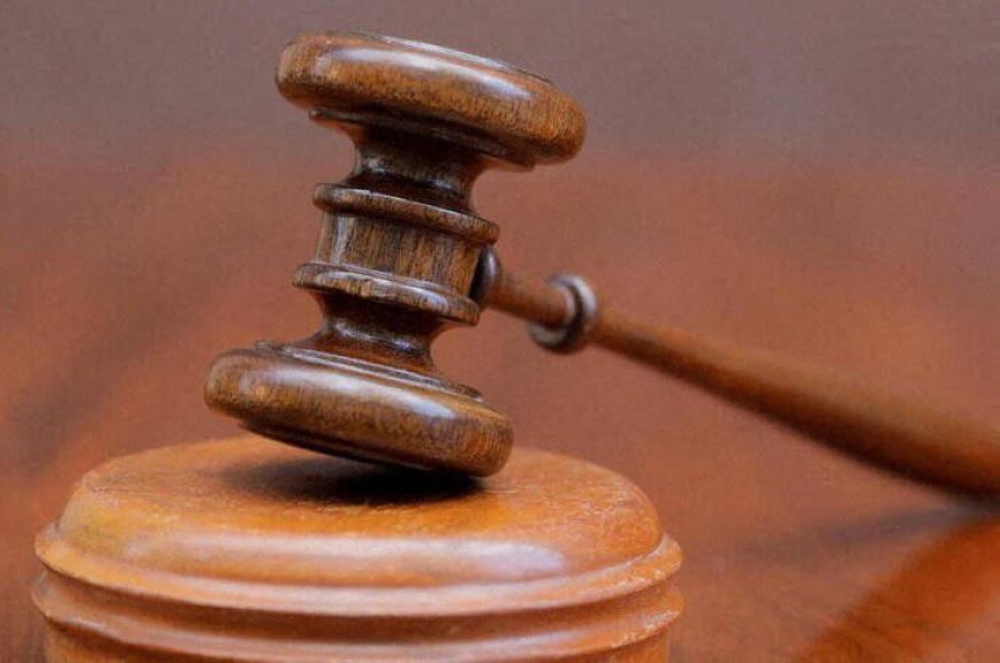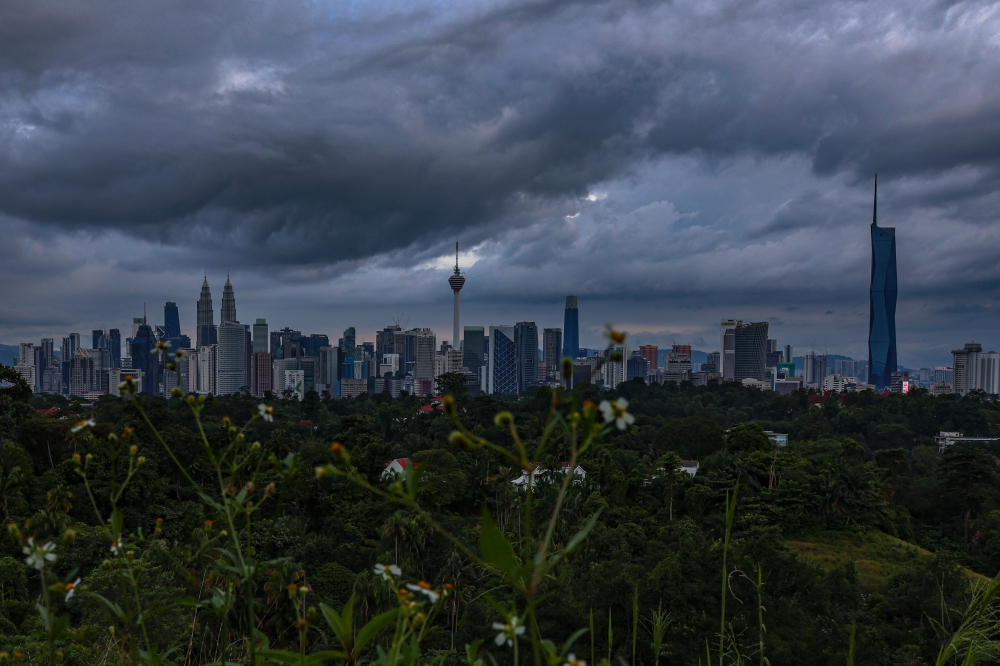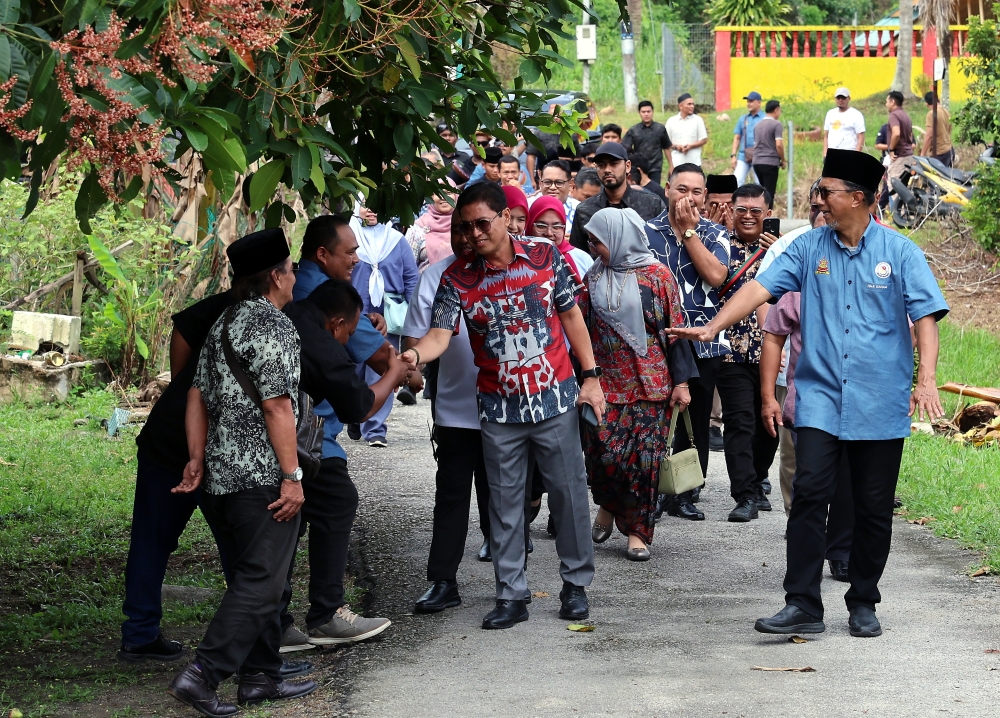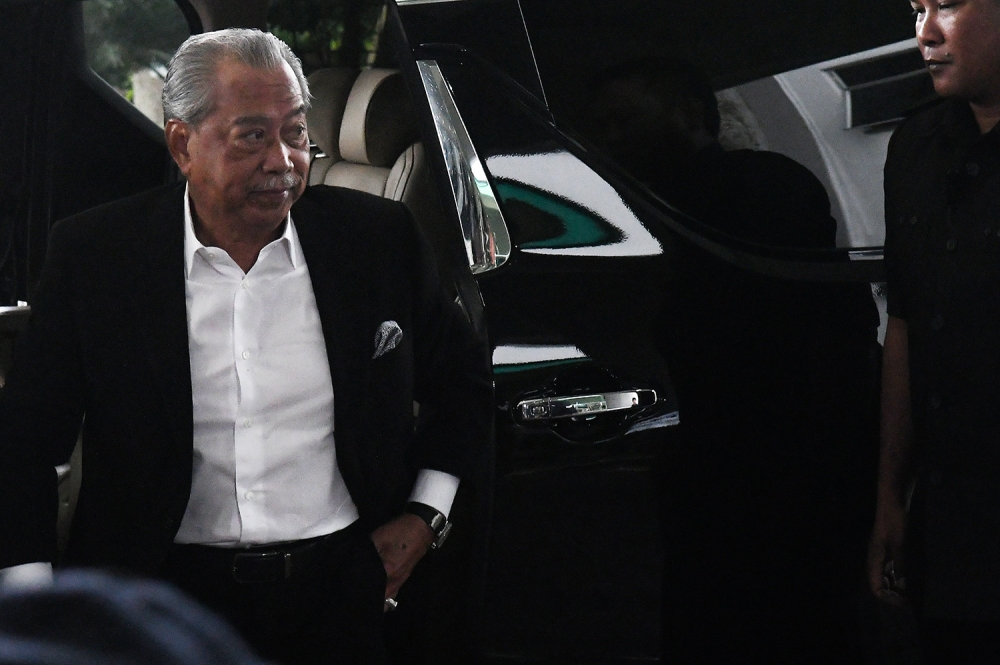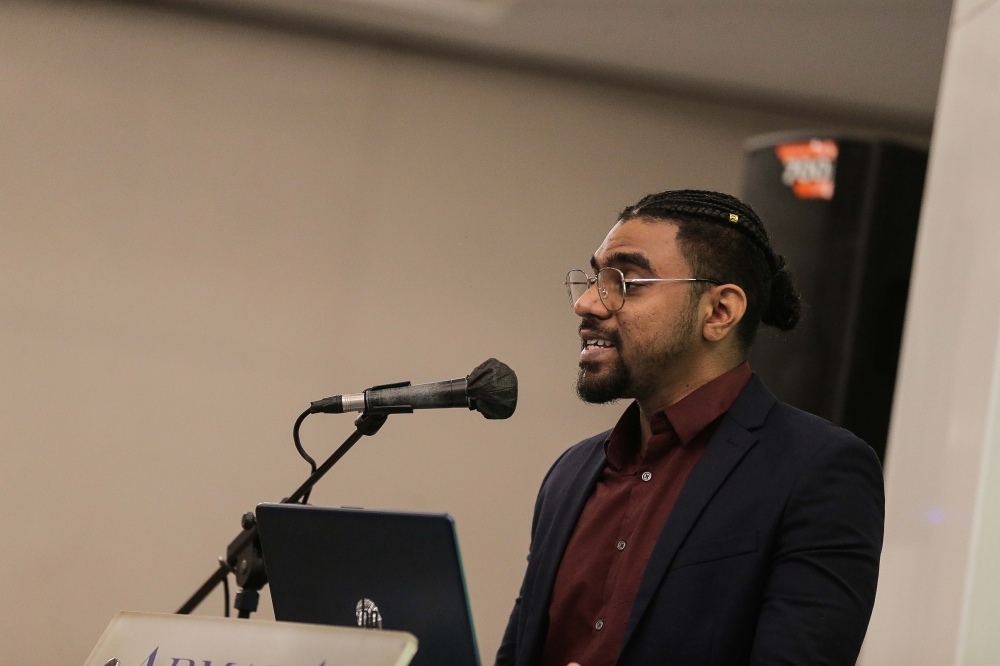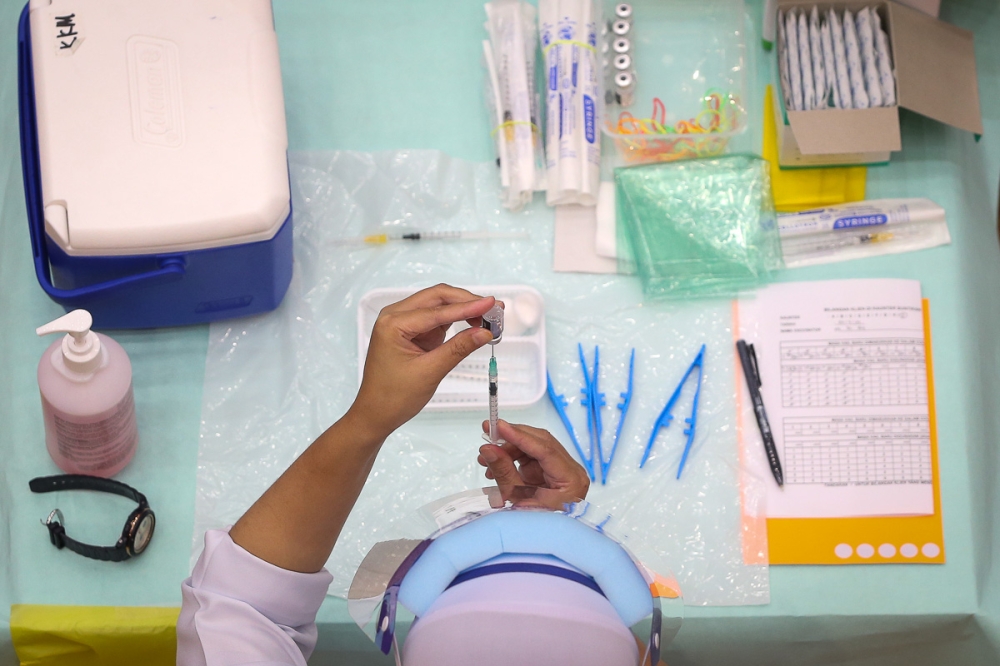KUALA LUMPUR, June 13 — The measures introduced by former prime minister Tan Sri Muhyiddin Yassin during the early stages of the Covid-19 pandemic caused negative impacts on human rights, fundamental freedoms and marginalised communities, according to a report from Suara Rakyat Malaysia (Suaram).
The human rights group said in its report ‘State of Disruption: Assessing the Impact of Malaysia’s Covid-19 Laws on Civic Space’ that the suspension of Parliament caused by the Emergency at that point in time had dismantled the institutional checks and balances that were vital to democracy.
“The suspension of Parliament made it impossible to unseat this government or to check whether the current government still has the majority support,” Yap Swee Seng from the Coalition for Clean and Fair Elections (Bersih) was quoted as saying in the report.
The report was collaboratively produced by the Asian Forum for Human Rights and Development (Forum-Asia), Suaram and Pusat Komas.
Centre for Independent Journalism (CIJ) executive director Wathshlah Naidu said essential legislation, including laws protecting individual freedoms, faced delays too.
In the report, she said these legislations include the media council legislation and the right to information legislation.
Wathshlah added that they had faced delays because of the change in government and the suspension of Parliament only delayed them further.
Beyond that, the report noted that the unfettered powers granted to the executive under the Emergency allowed the temporary passing of a new law that allowed the Finance Ministry to approve additional spending of the federal government’s funds beyond the initial Budget without going through the usual route of seeking Parliament’s approval.
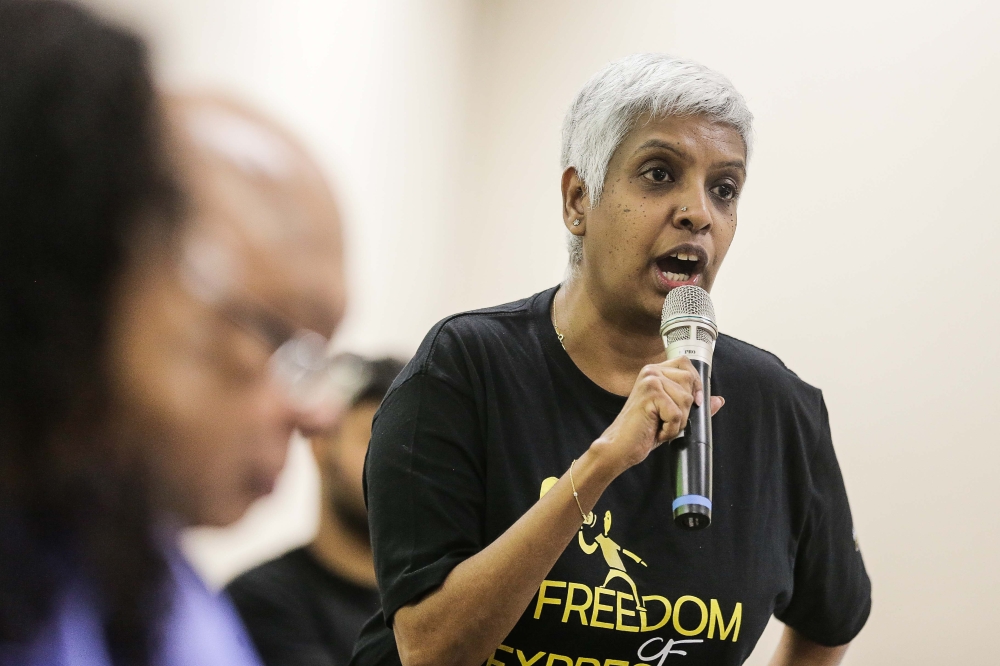
The wielding of repressive laws against human rights defenders, the media, and critics also caused spaces that had opened for civil society organisations (CSOs) to close shut once again, the report said.
These laws include the Sedition Act 1948, the Communications and Multimedia Act 1998 (CMA), Societies Act 1966, and the Peaceful Assembly Act 2012, although the report reported Josef Benedict from global CSO alliance Civicus as saying that the CMA “was the weapon of choice”.
“These changes were reflected in Malaysia’s score in the 2021 World Press Freedom Index which dropped 18 places, the biggest drop observed, among countries surveyed,” the report said.
Nalini Elumalai from Article 19 was quoted in the report as saying that freedom of expression had been affected by the government targeting its critics, alluding to the time she and 13 others were investigated by the police for their participation in the public demonstration “Himpunan Selamatkan Malaysia”.
Besides that, the report said that CSOs viewed the introduction of the ‘fake news’ Emergency Ordinance as a return to Barisan Nasional’s (BN) Anti-Fake News Act 2018, which was repealed by the Pakatan Harapan (PH) government in 2019.
“For civil society, Muhyiddin’s government represented a return to the BN form of government,” it noted.
Further, marginalised groups such as undocumented migrants and refugees were disproportionately affected by these measures, it said.
It said that former Human Rights Commission of Malaysia (Suhakam) commissioner Jerald Joseph witnessed refugees who had been imprisoned for more than a year at immigration facilities, which he deemed useless as refugees cannot be deported.
An unnamed representative from a CSO was quoted as saying that refugees experienced increased harassment by authority figures.
“The United Nations High Commissioner for Refugees (UNHCR) is recognised to some extent; however, the authorities do not always recognise those documents,” the representative said.
Sabah Reform Initiative activist Nelson Dino in the report said that undocumented and stateless people resisted visits to vaccination centres due to being ineligible for vaccination.
In certain cases, some were detained too, he reportedly added.
The report used information from independent media organisations and government websites and interviewed Malaysian civil society members active in the human rights sector.
The report also incorporates findings from October 2021 National Policy Dialogue, which featured 17 individuals including three who were MPs at the time and two former commissioners from Suhakam.











